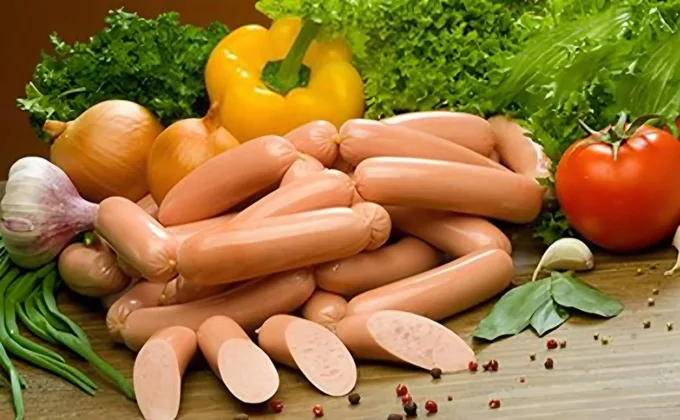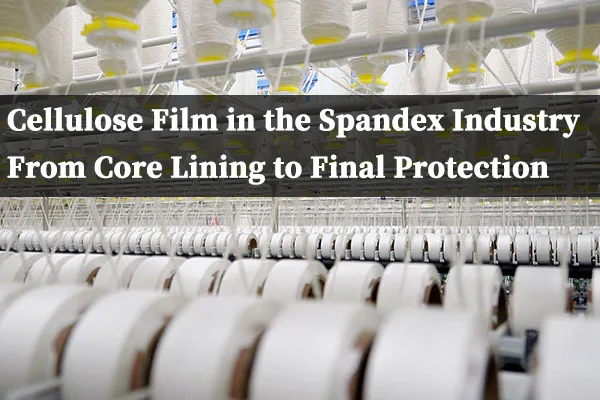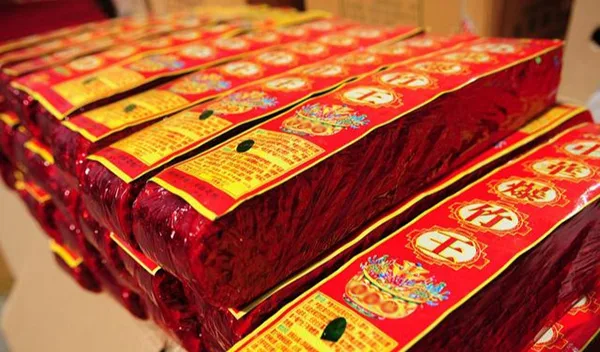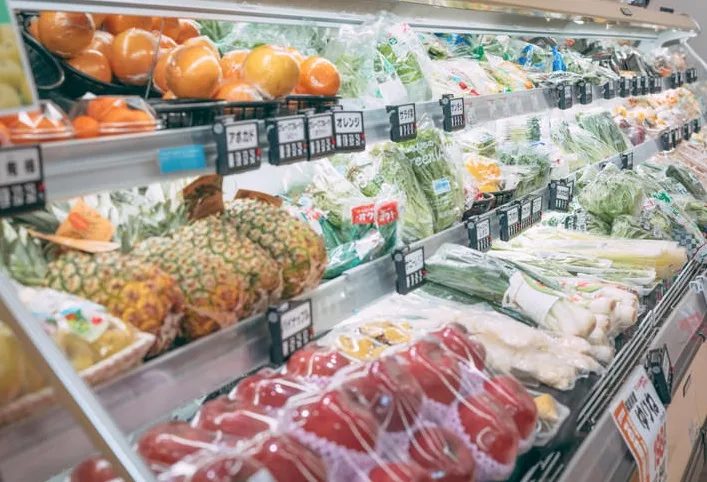Artificial and Natural Cellulose Casings: An Evolution from Traditional to Sustainable

natural cellulose casings
Introduction
In modern meat processing, casings are not just an “outer shell”; they are a crucial element influencing production efficiency, product appearance, and texture. They provide a standardized and highly efficient packaging solution for sausages, hams, and other meat products, overcoming the inconsistencies in size and supply of natural casings. The most common types of artificial casings on the market are classified into three main categories based on their primary raw materials: collagen casings, plastic casings, and cellulose casings.
Common Artificial Casing Types and Their Characteristics
1. Collagen Casings (Made from animal hide extracts)
Pros:
- Widely sourced (from the inner layers of animal hides)
- Edible, no peeling required, with a texture and flavor very similar to natural casings.
- Good flexibility, suitable for small to medium diameter sausages.
Cons:
- Weaker breathability, which limits smoke and flavor absorption.
- Lower thermal stability compared to cellulose casings.
- Some consumers have concerns about products from animal sources.
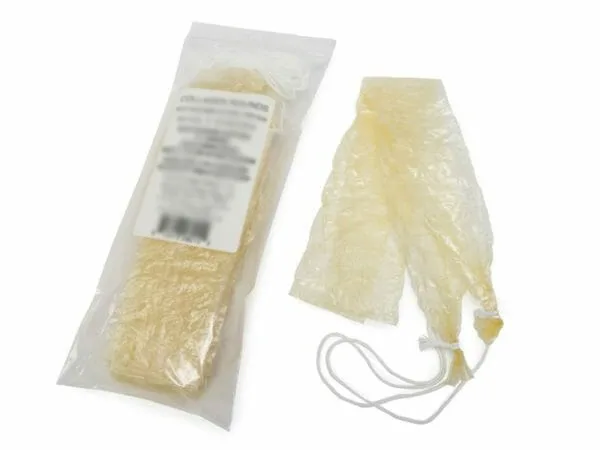
2. Plastic Casings (Made from plastic film)
Pros:
- High mechanical strength, suitable for large-diameter products.
- Excellent gas barrier, leading to a long shelf life.
Cons:
- Not edible; requires peeling.
- Completely non-permeable, making them unsuitable for smoking or natural air-drying.
- Difficult to degrade, which does not align with current environmental trends.
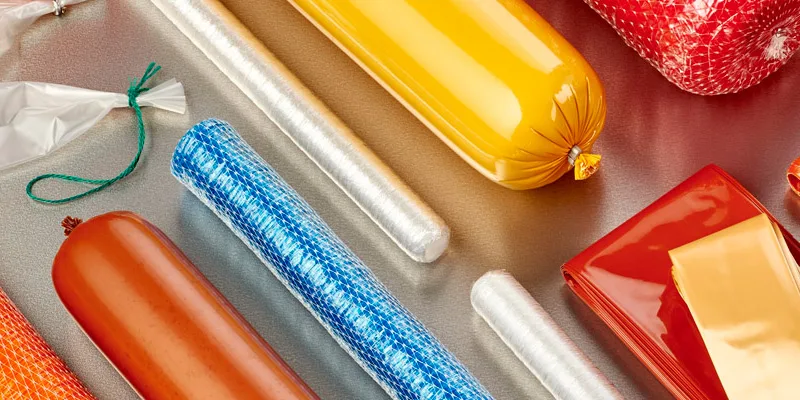
3. Cellulose Casings (Made from natural, renewable cellulose)
Pros:
- Standardized specifications, high elasticity and extremely consistent caliber and thickness.
- Good mechanical strength, suitable for high-speed automated production.
- Easy to peel, leaving a smooth surface after cooking.
Cons:
- The environmental performance of some cellulose materials is not ideal.
- Mostly inedible and require peeling.
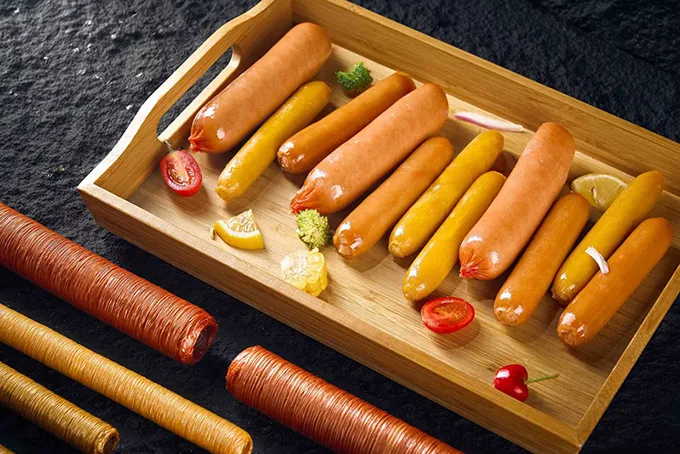
Natural Cellulose Casings: An Upgraded Choice
Compared to traditional artificial casings, natural cellulose casings, based on the principles of cotton and wood pulp, have achieved a comprehensive upgrade in both function and environmental friendliness.
Core Advantages
- High Mechanical Performance: With uniform thickness, their tensile strength, elasticity, and abrasion resistance are outstanding, making them suitable for high-speed automated packaging.
- High Temperature Resistance: They can withstand various processing methods such as boiling, roasting, and smoking.
- Transparency and Luster: They can clearly display the contents with a high gloss, catching consumers’ eyes.
- Easy to Peel: They can be easily peeled off after cooking, ensuring a beautiful appearance for the sausage.
- Excellent Permeability: The excellent molecular structure allows for the penetration of gases and water vapor, which helps in smoking, coloring, and flavor enhancement.
- Anti-static Properties: They can effectively prevent static electricity buildup and dust attraction, providing reliable protection.
- Printability: They can be printed with brand designs without affecting food safety, helping to differentiate products in the market.
- Compostable and Environmentally Friendly: Under controlled composting conditions, they can fully decompose into carbon dioxide, water, and biomass within a specific timeframe, eventually returning to the soil as nutrient-rich humus without leaving any toxic residues or persistent microplastics, truly achieving a “circularity from package to healthy soil.”
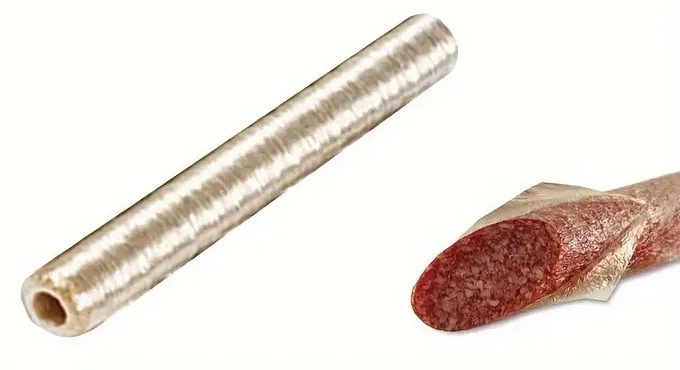
Applications
Natural cellulose casings are suitable for a variety of classic sausage types:
- 🌭 Hot Dogs
- Bologna Sausage
- Summer Sausage
- 🌭 Frankfurter Sausages
- 🥓 Salami
- 🌶️ Italian Sausage
- 🌭 Wiener Sausages
✨ Conclusion
Natural cellulose casings not only possess the mechanical strength and standardization advantages of traditional cellulose casings but also offer superior breathability, printability, and environmental performance, making them an ideal choice for sausage manufacturers who seek to balance functionality with sustainability.
Ready to optimize your casings & packaging?
Talk directly with our factory engineers about natural cellulose casings and sustainable film solutions. Get samples, specifications, and tailored recommendations for your production lines.

